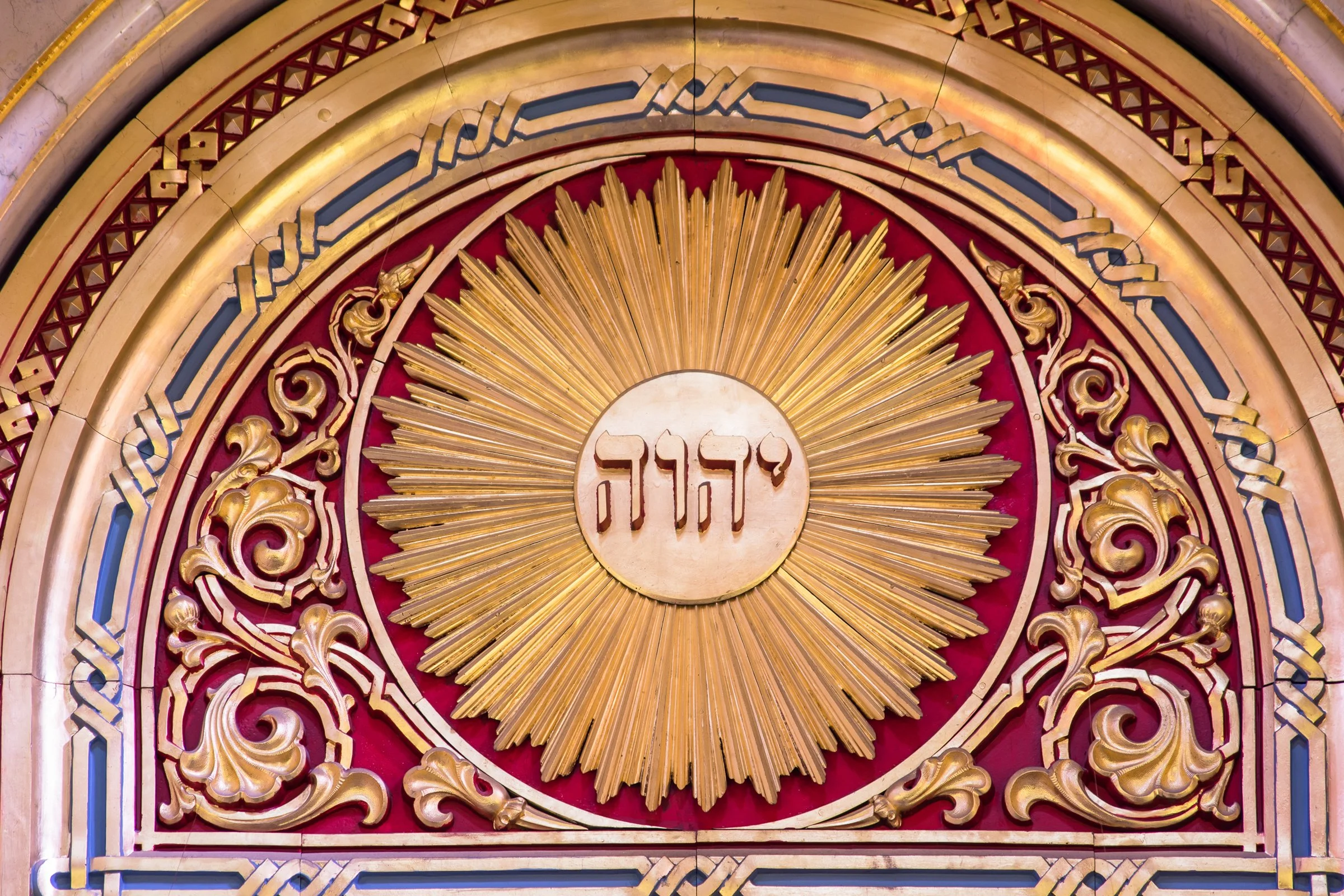In the Old Testament, there are plural names and pronouns for God. For example, the names Elohim and Adonai or plural. Some scholars claim this plurality relates to “a plurality of majesty.” However, in Genesis, we read: “Let Us make man in Our image, according to Our likeness” (Genesis 1:26). Notice the plural pronouns. Others are found in Genesis 3:22 and 11:7. In Isaiah, we read: “I heard the voice of the Lord [Adonai], saying: Whom shall I send, and who will go for Us?” (Isaiah 6:8). This verse acknowledges the oneness and unity of God, but also incorporates God’s plurality, inferring plurality in unity.
The Works of God
Scripture is clear regarding God’s Divine purpose in the creation. He is omniscient and knows every detail of humanity and the nations from the beginning through the end. All God’s works are sovereignly governed according to His plans and purposes. As we read: “God reigns over the nations; God sits on His holy throne” (Psalm 47:8); “Declaring the end from the beginning, And from ancient times things that are not yet done, Saying, 'My counsel shall stand, And I will do all My pleasure,' Calling a bird of prey from the east, The man who executes My counsel, from a far country. Indeed I have spoken it; I will also bring it to pass. I have purposed it; I will also do it” (Isaiah 46:10-11).
The Attributes of God
God’s attributes include His self-existence, immutability (unchanging), eternality, omnipresence (everywhere), omniscience (all-knowing), omnipotence (unlimited), and sovereignty (all-ruling power). God’s attributes are one with and in complete unity with Him. While God is limitless, He has chosen to restrain His will, giving humanity a degree of “free will.” This is the great mystery and the seeming paradox of God’s absolute sovereignty versus His limited will.
The Names and Nature of God
To understand God’s nature, attributes, and works, we begin by studying the names of God. Names are so important to the Lord that He dedicated an entire chapter in the book of Exodus called Shemot (names). We read, “Now these are the names of the children of Israel who came to Egypt” (Exodus 1:1). Names have meaning, and they have power. It says, “Then God said, ‘Let there be light’; and there was light” (Genesis 1:1), for the Lord God created the universe by His spoken word. And names have authority. We read, “What a word this is! For with authority and power, He commands the unclean spirits, and they come out” (Luke 4:36).
The Knowability and Existence of God
Theology is the study of God and His relationship with the creation. In Christianity, theology takes on a specific form and system, creating the basis for studying religious Christian doctrines and matters of divinity. It may describe the study of biblical truth or represent the study of God Himself, including His existence, nature, names, attributes, and works. While theological topics have varying and seemingly conflicting opinions, the core tenants of Christian theology hold true to nearly every church and denomination.
Understanding The Trinity
Christian theology takes on a definite form and system of study, creating the basis for exploring religious doctrines and matters of divinity, specifically the relationship of God with His creation. Theology comes from two Greek words: theos, meaning “God,” and logos, meaning “discourse” or “reason.” Therefore, theology is the discourse or reasoning about God, His existence, nature, names, attributes, works, and His biblical truth. One of the more challenging areas of theological study is that of God’s triune nature—the Trinity.
I Will Be Broken
“Then Moses said to God, Indeed, when I come to the children of Israel and say to them, ‘The God of your fathers has sent me to you,’ and they say to me, ‘What is His name?’ what shall I say to them?” (Exodus 3:13, NKJV).
The Name of God—YHVH
God's name is the most frequently used noun in the Hebrew Bible, occurring over 6,800 times. It is spelled with only four consonants: Yud, Hey, Vav, Hey (יְהוָה), and is called the “Four-Letter” name of God, or the “Tetragrammaton” in Greek. This is God’s written name because He is the Word of God, and we know that Yeshua is the word of God who came in human form. In other words, God’s written word came to life. Hence, the “word became flesh.”









